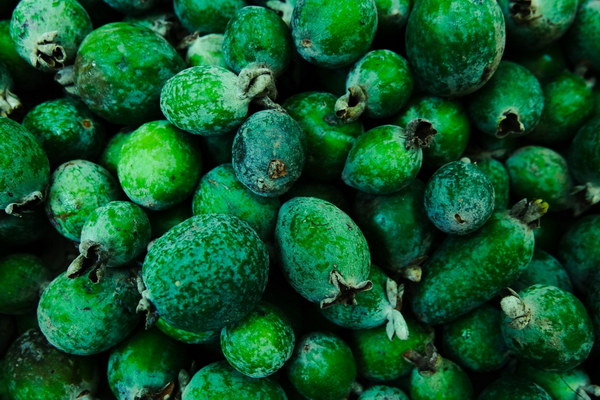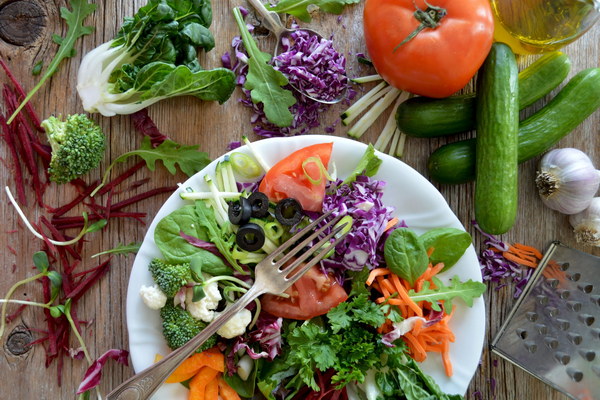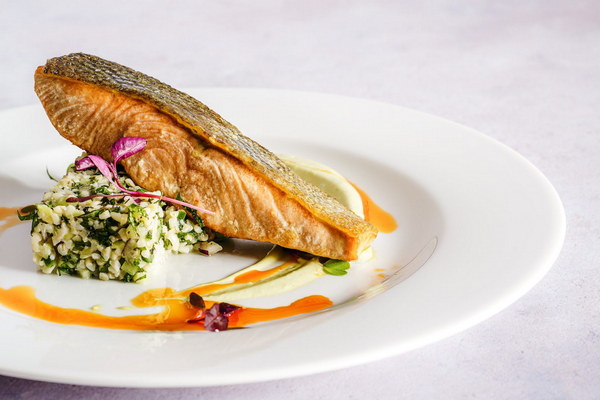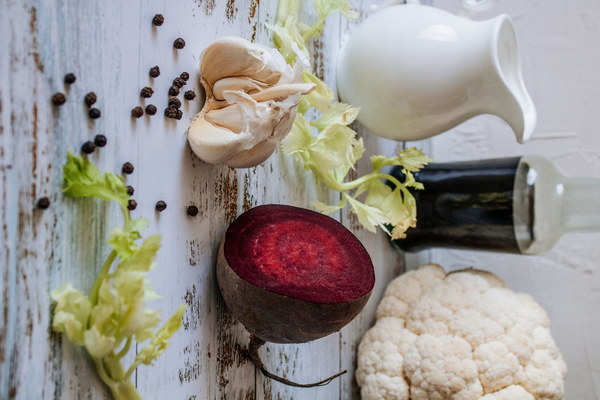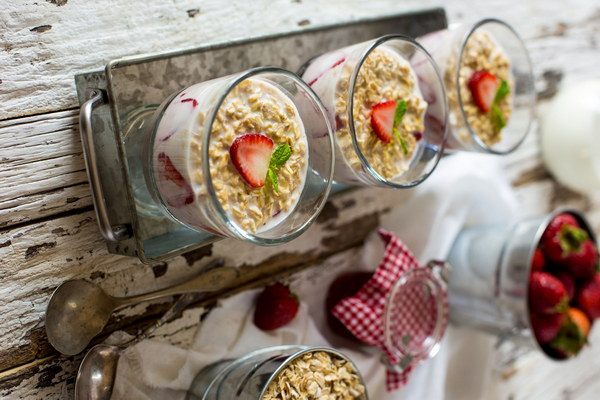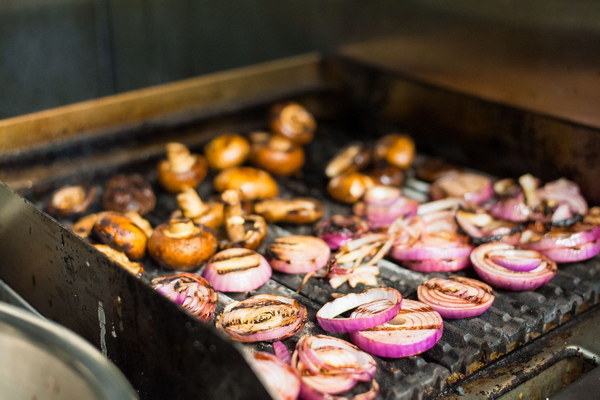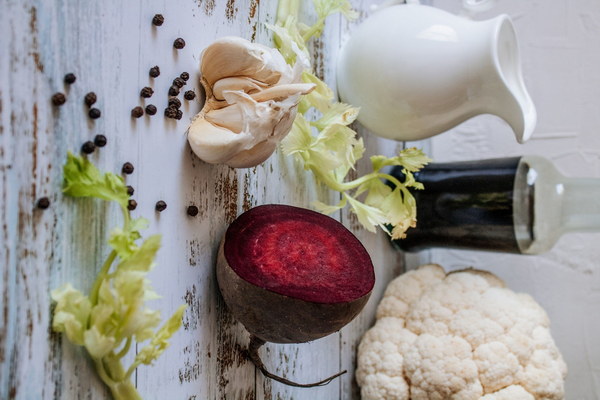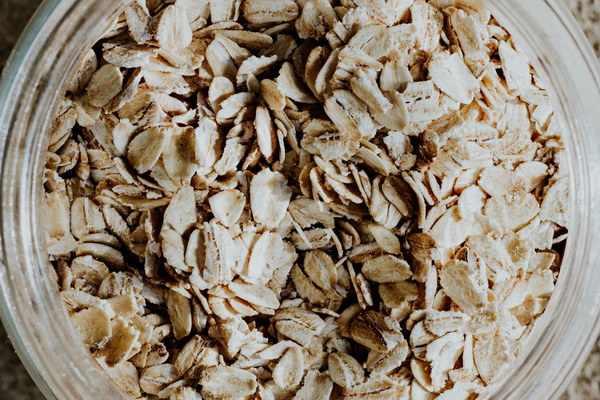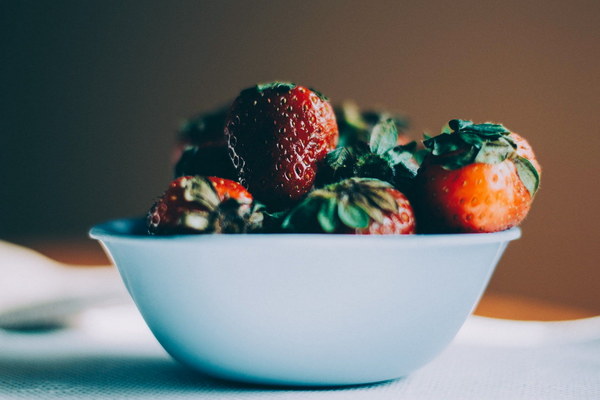Cooling Lung Heat and Reducing Swelling Natural Remedies for Respiratory Health
Introduction:
Respiratory health is crucial for overall well-being, and when faced with issues like lung heat and swelling, it's important to address them promptly. Cooling lung heat and reducing swelling refers to a holistic approach that involves natural remedies to alleviate respiratory discomfort. In this article, we will explore various methods to achieve this goal, including herbal teas, dietary adjustments, and lifestyle changes.
1. Understanding Lung Heat and Swelling:
Lung heat, also known as lung fire, is a traditional Chinese medical concept that refers to an imbalance in the body's energy, leading to heat in the lungs and respiratory tract. This imbalance can manifest as symptoms such as cough, sore throat, fever, and difficulty breathing. Swelling, on the other hand, is a common symptom associated with inflammation in the respiratory system.
2. Herbal Teas for Cooling Lung Heat:
Herbal teas have been used for centuries to address various health issues, including lung heat and swelling. Here are a few popular herbal teas that can help cool lung heat and reduce swelling:
a. Peppermint Tea: Peppermint is well-known for its cooling properties and can help alleviate respiratory discomfort. Brew peppermint tea by steeping fresh peppermint leaves in hot water for 5-10 minutes.
b. Licorice Root Tea: Licorice root has a sweet, soothing taste and is known for its anti-inflammatory properties. Steep licorice root in hot water for 10-15 minutes to prepare a cup of licorice tea.
c. Mullein Tea: Mullein is an herbal remedy that has been used to soothe the respiratory system. Brew mullein tea by steeping dried mullein flowers in hot water for 10-15 minutes.
3. Dietary Adjustments:
Diet plays a significant role in managing lung heat and swelling. Here are a few dietary tips to consider:
a. Stay Hydrated: Drinking plenty of fluids, such as water and herbal teas, can help keep the respiratory system moist and reduce inflammation.
b. Avoid Hot and Spicy Foods: Spicy and hot foods can exacerbate lung heat and swelling. Opt for cooler, more soothing foods, such as salads and fruits.
c. Incorporate Cooling Foods: Foods rich in vitamin C, such as oranges, strawberries, and bell peppers, can help cool lung heat. Additionally, incorporating cooling ingredients like ginger, turmeric, and mint can aid in reducing swelling.
4. Lifestyle Changes:
Incorporating certain lifestyle changes can also help in cooling lung heat and reducing swelling:
a. Practice Breathing Exercises: Techniques such as diaphragmatic breathing and pranayama can help calm the respiratory system and reduce inflammation.
b. Get Adequate Rest: Ensuring you get enough sleep can help your body fight off respiratory issues and promote healing.
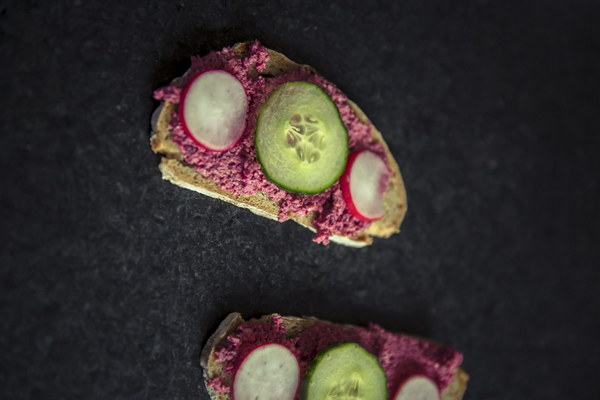
c. Manage Stress: Stress can exacerbate lung heat and swelling. Practice stress-reduction techniques such as meditation, yoga, or deep breathing exercises.
Conclusion:
Cooling lung heat and reducing swelling are essential for maintaining respiratory health. By incorporating herbal teas, dietary adjustments, and lifestyle changes, you can effectively address these issues and promote a healthier respiratory system. Remember to consult with a healthcare professional before starting any new treatment or making significant lifestyle changes.

